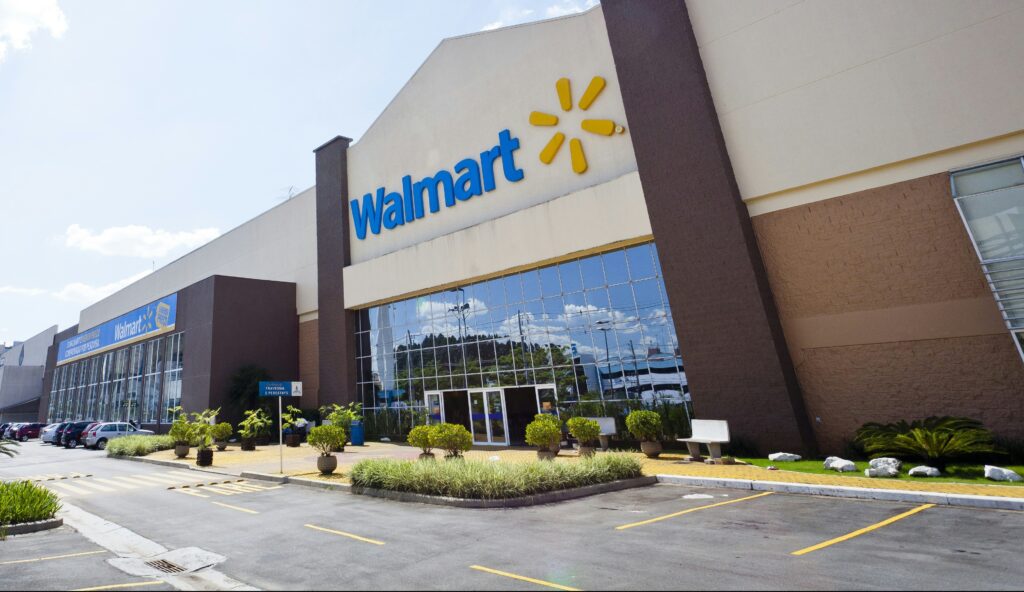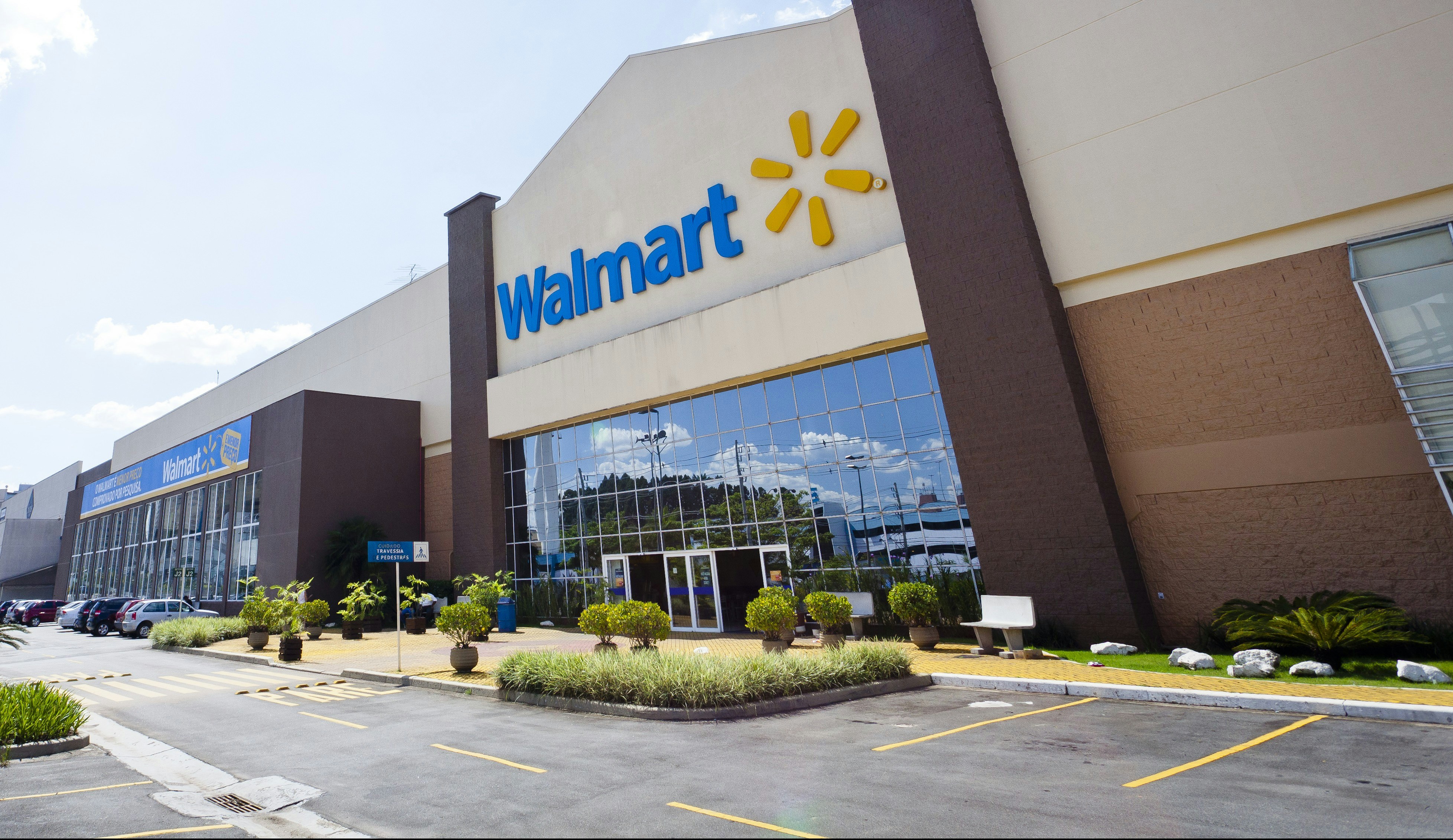
Overview of the Recall
The recent recall of water bottles sold at Walmart stems from concerns regarding potential contamination that could pose health risks to consumers. This proactive measure affects several brands of water bottles, specifically those that have been identified under the affected product lines. The recall includes various sizes of bottles, ranging from standard 16.9-ounce containers to larger 1-gallon variants. Walmart has estimated that approximately 1 million units are included in this recall, which reflects the company’s commitment to customer safety and product integrity.
The issue was initially brought to light when multiple consumers reported unusual tastes and odors emanating from the water bottles. In response, Walmart, in collaboration with the manufacturers, launched an investigation to ascertain the root cause of the problem. This inquiry revealed that the contamination likely originated during the bottling process, raising concerns about manufacturing practices and ingredient sourcing. As a result, Walmart decided to initiate an immediate recall to prevent any potential health impacts and ensure consumer safety.
<pwalmart a="" affected="" and="" batch="" bodies="" check="" closely="" company="" compliance="" comprehensive="" consumers="" continues="" correspond="" customers="" dedication="" details="" dispose="" either="" encouraged="" ensure="" for="" guidelines.
Potential Health Risks
The recent recall of water bottles by Walmart has raised significant health and safety concerns due to the potential risks associated with consuming contaminated products. Laboratory analyses revealed the presence of harmful substances, including elevated levels of harmful bacteria and chemical contaminants. These compounds can pose serious risks to human health, particularly if ingested over a period of time.
Among the identified contaminants, certain strains of bacteria like E. coli can lead to gastrointestinal issues, including severe diarrhea, abdominal cramps, and vomiting. In some cases, these infections may result in more severe health complications, particularly for vulnerable populations such as children, the elderly, and individuals with compromised immune systems. Chemical contaminants, on the other hand, could potentially lead to adverse health effects ranging from acute symptoms to long-term complications, depending on the type and concentration of the chemicals involved.
Consumers who have ingested water from the affected bottles may experience a range of symptoms, including nausea, headaches, and gastrointestinal distress. While some individuals may recover without medical intervention, others could require medical evaluation and treatment based on the severity of their symptoms. It is crucial for individuals who believe they may have consumed contaminated products to seek medical advice promptly. Early detection and treatment can mitigate the risk of long-term health consequences.
The importance of avoiding the recalled water bottles cannot be overstated. As consumers, it is imperative to remain vigilant about product safety and stay informed about recalls and health alerts. By doing so, we can help ensure our health and the well-being of those around us, reducing the potential risks associated with contaminated food and beverage products.
What Steps to Take
If you have purchased the recently recalled water bottles from Walmart, it is essential to take immediate steps to ensure your health and safety. First, verify whether your product is part of the recall by checking the packaging for specific lot numbers or other identifying information provided by Walmart through their official announcements. These details are crucial in determining if your item is affected by the contamination.
If your water bottle is indeed part of the recall, refrain from using the product. It is recommended that you safely dispose of the product to avoid any health risks associated with its consumption. Check local disposal guidelines to ensure that you are discarding the water bottle properly and in an environmentally friendly manner. If you prefer not to dispose of it, you may temporarily store it in a secure place until you have processed your return.
Next, visit the Walmart website or your nearest store to initiate a return or request a refund. Most retailers, including Walmart, have a streamlined process for handling recalls. Bring your receipt or proof of purchase, if available, to expedite the refund process. In many cases, a valid form of identification may also be required. Walmart has pledged to assist customers, so do not hesitate to contact their customer service for any clarification regarding the recall process.
Finally, if you have experienced any adverse health effects from consuming the contaminated water bottles, it is crucial to report the issue to both Walmart and a healthcare professional. Document any symptoms and seek medical advice promptly. Reporting these instances can help authorities monitor public health and prevent future incidents.
Preventive Measures and Consumer Awareness
In the wake of the recent Walmart recalls of water bottles, it is imperative for consumers to adopt preventive measures to safeguard their health and well-being. One of the first steps in staying informed is to regularly check for product recalls through reliable sources. The U.S. Consumer Product Safety Commission (CPSC) and the Food and Drug Administration (FDA) maintain updated databases that list current recalls. By subscribing to these agencies’ newsletters or visiting their websites regularly, consumers can stay abreast of any potential risks associated with household products, including food and beverages.
Before making a purchase, checking product labels and expiration dates is crucial. Consumers should be vigilant and inspect packaging for any signs of defects or unusual alterations. When it comes to bottled water or any consumable goods, pay close attention to batch numbers and manufacturing information, as this can lead to quick identification in case of a recall. It is also advisable to keep receipts and packaging for better tracking of purchased items.
Retailers play a significant role in ensuring consumer safety by actively monitoring their inventory and swiftly communicating any recall information. Establishing strong relationships with suppliers can help retailers identify and resolve any potential hazards early. Furthermore, store staff should be trained to guide customers on how to access recall information and handle potentially dangerous products.
The onus is not solely on regulatory bodies and retailers; public awareness is equally essential in mitigating risks from harmful products. Educational campaigns focusing on safety practices and recall preparedness can empower consumers. Sharing information regarding safe shopping habits through social media and community outreach programs can foster a culture of vigilance that benefits everyone. By prioritizing awareness and due diligence, consumers can protect themselves from the risks associated with product recalls and maintain their health and safety.

